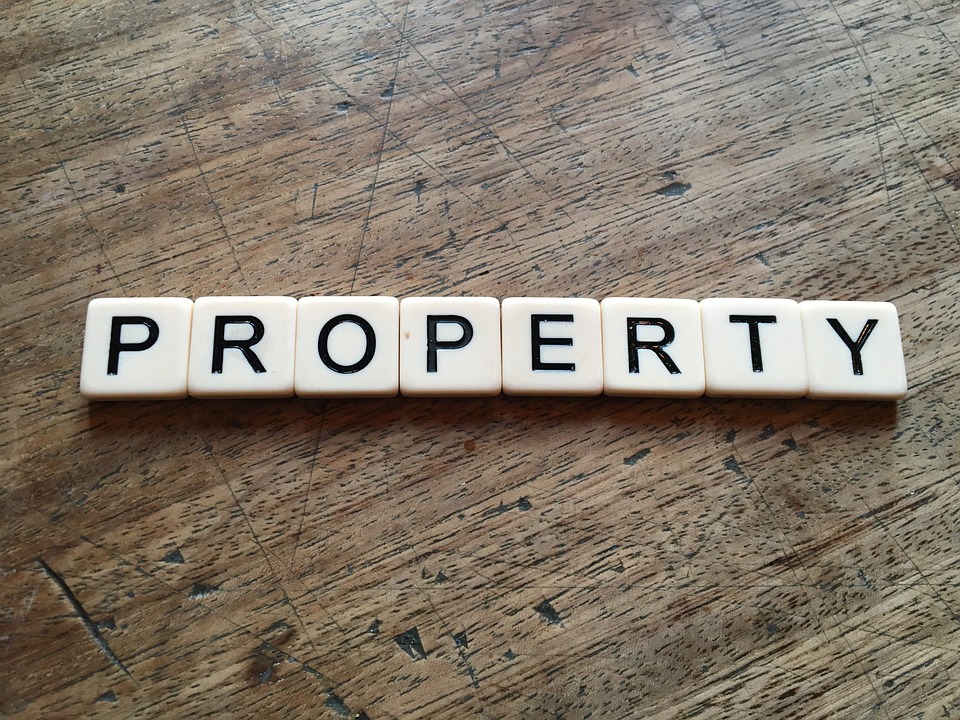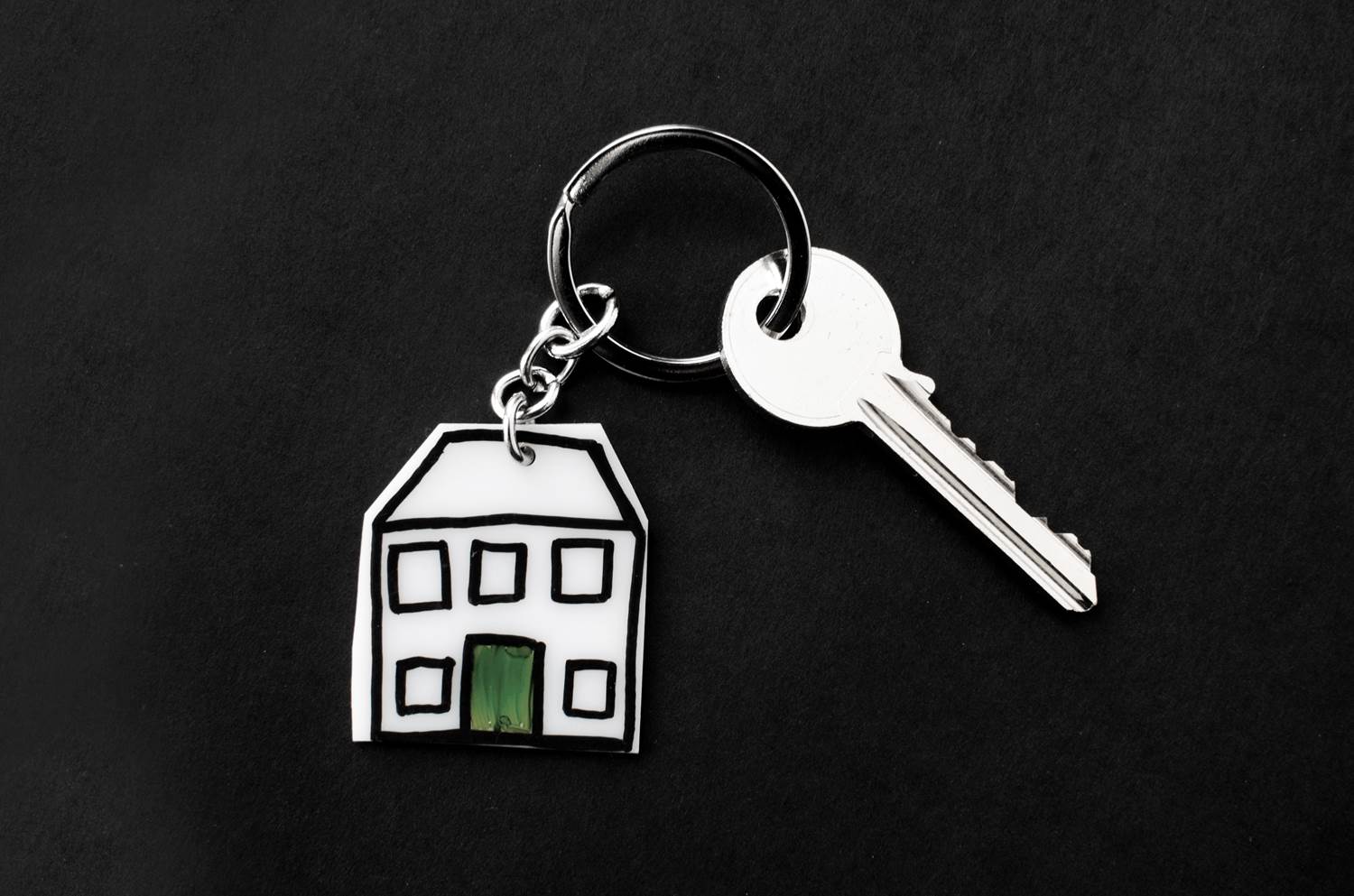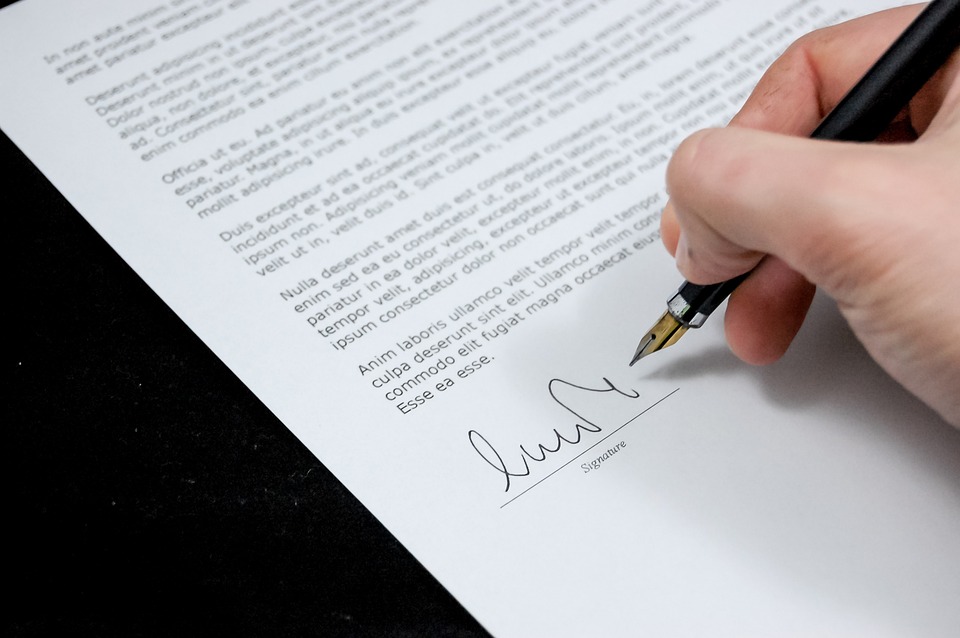
Going Once, Going Twice, Gone – Disappearing Purchasers at Auction
Date: 13/09/2017 | Real Estate
There is a long history of buying and selling goods and services through auction, and selling property at auction is no different. Sale by auction can provide a convenient platform to sell a property quickly and with certainty, with any interested party deemed to have carried out their due diligence prior to the auction and, if successful, to accept that they are committed to acquiring the property, warts and all.
So what happens when the successful purchaser at auction, having paid the deposit, signed the snappily-titled “Minute of Preference and Enactment of Sale” (and thereby contractually bound to proceed with the purchase), subsequently decides they no longer wish to proceed?
The Articles of Roup form part of the sale contract and will usually contain provisions that the seller can claim interest on the unpaid price and, after a specified period, withdraw from the contract, retain the deposit and pursue a claim for damages against the purchaser.
It goes without saying that any such claim will only be as good as the purchaser’s covenant. Difficulties arise where the purchasing entity is a special purpose vehicle (SPV) created for the sole purpose of acquiring the auction property, which is becoming a common occurrence. Such a SPV is unlikely to have any assets, and so any claim against it by the seller for damages will be fruitless.
In practice, it could be said that payment of the deposit at auction is being treated instead as an “option payment”, where SPV purchasers are undertaking their due diligence post-auction and then forfeiting the deposit to the seller if they are not satisfied with the property. The aim of certainty of a sale at auction is therefore lost by a seller.
Although the seller is able to retain the deposit, properties which are put back up for auction following a “successful” auction sale may be seen as tainted, and any subsequent sale could result in a lower purchase price.
The auctioneer’s terms and conditions will also typically state that their commission will be deducted from the deposit regardless of whether the purchaser actually pays the final purchase price.
So what can be done to further protect a seller at auction?
One option would be to stipulate that any successful bidder entering into the purchase via a SPV must be backed by an individual guarantor (e.g. a director of the SPV), ideally UK-based. In the event that the SPV defaults on the payment of the purchase price, the seller would have recourse against the guarantor. This would have to be specified at the outset, before the auction, and incorporated into the Articles of Roup (or the special conditions attached and incorporated therein).
For further advice, please contact our Commercial Property team.



















































































